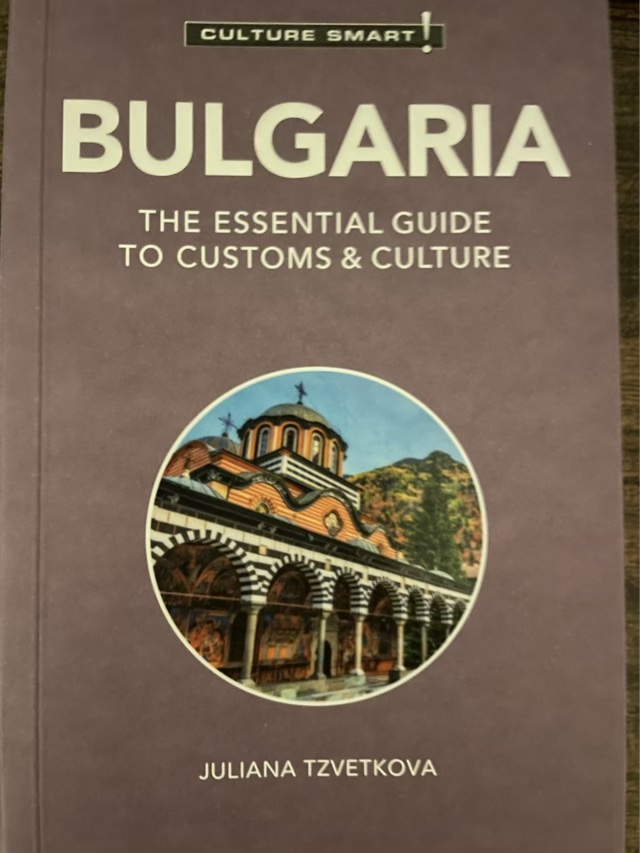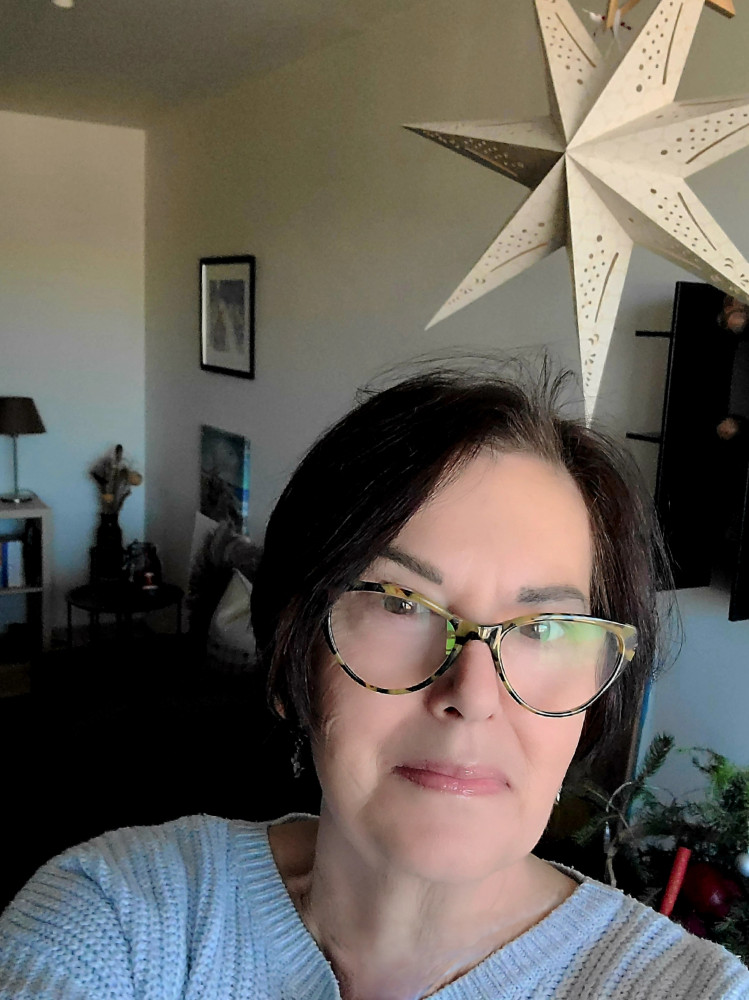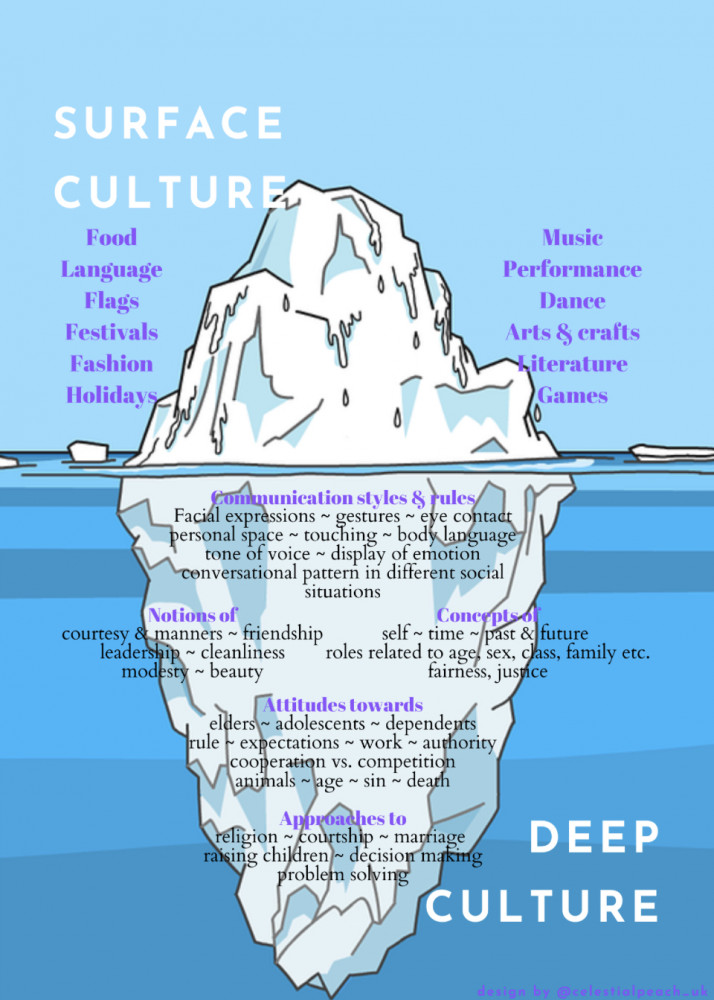British Cultural Guide Describes What the Bulgarians Are Like
Bulgaria: The Essential Guide to Customs & Culture will be useful to everyone interested in Bulgarian culture and society or planning to visit or work in Bulgaria. This blog post reviews the book and includes an interview with its author, Juliana Tsvetkova.
One of the well-liked series on our website Bulgarians in London, is focused on English culture. Each post summarises a chapter of the book Watching the English by the British anthropologist Kate Fox covering various topics related to English culture, such as the English attitude towards fairness, the significance of politeness, the English love for tea, the weather talk, and the English humor.
Similarly, there is a book that talks about Bulgarian behavior and culture, entitled Bulgaria: The Essential Guide to Customs Culture. It is part of the book series Culture Smart! published by the British publishing house Kuperard, which specializes in creating cultural guides for different countries worldwide.

Bulgaria The Essential Guide to Customs & Culture is a compact book consisting of around 200 pages, divided into chapters discussing the customs, traditions, and values of Bulgarians, as well as their behavior patterns at home and in the workplace. The book features text and photographs.
As every Bulgarian has their unique perspective on Bulgarian culture, it is challenging for me to speak generally about it. Nonetheless, as a Bulgarian I found the book informative, thought-provoking and easy to read. If a colleague or neighbor in England asked me about Bulgarian humor, attitude towards cleanliness and order, the appearance of Bulgarian cities and villages, regional diversity, differences between wealthy and poor neighborhoods in cities, as well as how Bulgarians treat ethnic and sexual minorities and foreigners, I would recommend to them Bulgaria The Essential Guide to Customs & Culture.
Bulgaria The Essential Guide to Customs & Culture is written by Juliana Tsvetkova (on the photo below), a Bulgarian Canadian, who lives in Toronto. Kuperard Publishers introduced me to her, and she agreed to respond to respond to my questions.

Where were you born and raised in Bulgaria?
I was born in Plovdiv, where I graduated from the English Language High School, and then went on to complete my studies in English Philology at Sofia University "St. Kliment Ohridski."
What kind of work did you do in Bulgaria?
I started out as a high school teacher in Sofia, and later taught at the Medical Academy and the New Bulgarian University. I also worked as a translator for television and books, including Henry Kissinger's "Diplomacy." Months after I finished the translation in 1998, my family and I immigrated to Canada. I wanted to give my daughters a chance to travel more and to succeed more than their parents.
What kind of work have you done outside of Bulgaria?
I have taught English in Angola, Canada, China, Kazakhstan, and the UAE. From 2017 to 2020, I traveled from Vladivostok and Seoul to Oslo and Gothenburg, from Stockholm and Helsinki to Bishkek and Tashkent, as a marketing manager for the Eurasian region in the international department of the college I worked for over twenty years in Toronto - Centennial College of Applied Arts and Technology.
What makes the book series Culture Smart! unique?
The series shifts the focus from purely tourist interests to the history, worldview, language, popular culture, social codes of behavior, education, value system, and attitude towards the world around us of the countries it presents: in other words, the underwater part of the cultural iceberg that defines and motivates us. (See below an image of the iceberg that is being discussed.)

What the challenges did you face while writing the book on Bulgaria? How did they overcome them?
All books from CultureSmart! have a pre-defined format and volume, and the authors must conform to them. I could have written multiple times more about each of the sections in the publication. That is why the biggest challenge was to "pour the sea into a bucket." To leave out the most important, significant, and understandable for the largest number of readers. For this, I received invaluable help from my editor.
What sources did you use to gather information?
Historical works by Bulgarian, English, and American scholars, artistic and journalistic literature, articles from various publications, statistics, interviews with acquaintances and friends.
What did you learn about Bulgaria and Bulgarians while working on the book?
I was amazed by the speed of change in every area of life in Bulgaria - the adaptability of younger generations to these changes, the receptivity to everything new - both good and not so much. I was also disappointed by some things - like the indiscriminate acceptance of foreigners who sound not only funny but also entirely unnecessary because they have an accurate Bulgarian equivalent. The fact that I am a philologist and a person of words is the reason for this.
How long did it take to write the book?
Three months in the beautiful nature of the Rhodopes Mountains, which is my center of balance. I also had the most competent editor (Geoffrey Chesler), from whom I learned a lot.
What was the most difficult thing for the author to explain to a foreign audience?
The Balkan optimism and the inexhaustible source of the sense of humor of Bulgarians, despite their heavy historical fate.
Who do you think is the target audience for this book?
Anyone for whom traveling the world is not just a checkmark on their wish list, passport stamps, photos in front of this or that landmark, or a table loaded with local delicacies. The book is for the truly curious, who see people, observe them, and try to understand them, while also understanding and learning about themselves.
Who would you give you book to as a gift, and why?
First, to my Bulgarian friends, who are also my best critics. Then, to the students, friends, and colleagues worldwide. I have already shown Bulgaria to colleagues from New Zealand, Pakistan, and Canada, whose interest in the country came from the fact that I was the first Bulgarian they had ever met.
Author: Boyko Boev
Photo: Archive of Yuliana Tsvetkova
Bulgaria The Essential Guide to Customs & Culture can be ordered from Amazon.co.uk.

